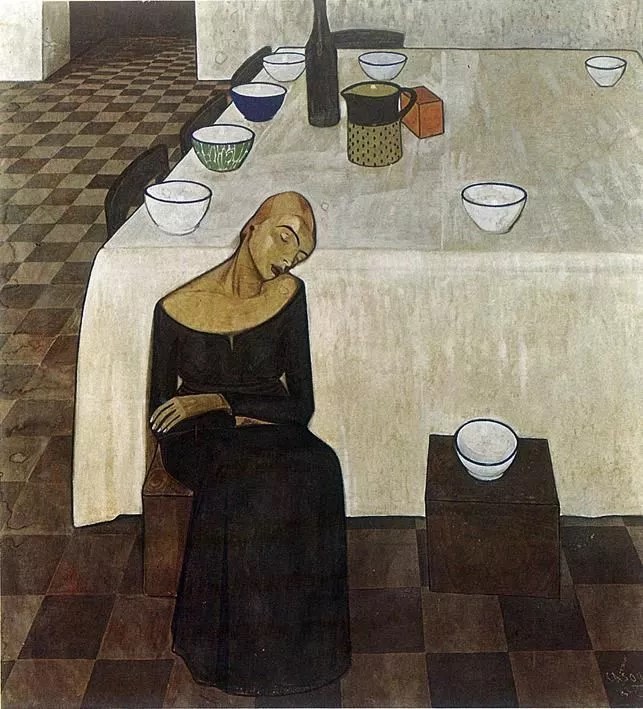For the first time, researchers have discovered eight genes directly related to anorexia nervosa.
It’s a groundbreaking study because, up until now, scientists couldn’t identify any.
Now for the particularly surprising part.
It’s often assumed that anorexia originates from behavioral and psychological factors, but the scientists found that some of those genes were directly related to an entirely different factor.
Professor Nicholas Martin tells The Age, “The other part we hadn’t expected to see is strong links to metabolism, both in terms of body build, body weight and genes involved in diabetes.”
Importantly, the genes linking anorexia with metabolism were not the common variants associated with body-mass index, meaning something more complex was going on at a genetic level.
Co-study leader Gerome Breen tells Newser: “Anorexia has the expected correlations with anxiety, depression and OCD, but it also has this set of apparently healthy metabolic correlations that we don’t see in any other psychiatric disorder.”
In other words, researchers says we should now identify it as a metabo-psychiatric disorder.
This is probably the tip of the iceberg.
For example, Professor Martin notes that we’ve found almost 200 genes directly related to schizophrenia, about 30 to bipolar, and around 100 to depression.
Over time, we’ll probably find more and more related to anorexia nervosa, which is, by far, the deadliest psychiatric disorder (for example, the mortality rate is 4x higher than major depression and 2x higher than schizophrenia).
This is hugely important for treatment.
Breen tells The Guardian: “What our study means is we can no longer treat anorexia, and perhaps other eating disorders, as purely psychiatric or psychological.”
Breen said there was now a need for scientists to study the metabolism of people with anorexia and other eating disorders to see whether it was possible to develop metabolism-based therapies, or spot those at risk of relapse, a common problem in anorexia.
It’s also profoundly important for helping those who suffer with anorexia to better understand why they’re saddled with this disease.
It will also, hopefully, prompt loved ones to treat those suffering with more compassion and understanding.
Painting: L’attesa, Felice Casorati. (h/t: Casey Winter).

